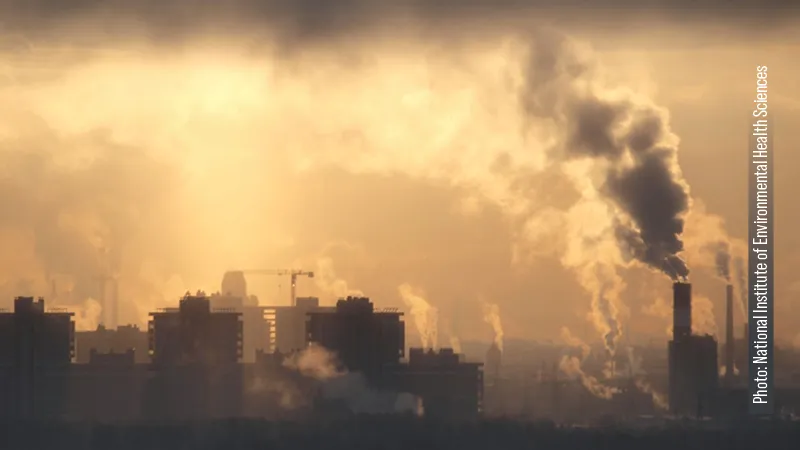Here’s an indisputable (and blood-curdling) fact: fossil fuel companies have known for decades about the planet warming and other environmental harms caused by their oil, gas and coal. Nevertheless they denied it, lied about it, and colluded to spin alternative baseless “facts”, all the while expanding their business and profit margins. Like Big Tobacco, but worse.
Another fact: countries like the UK, US, Canada and Germany got rich and powerful not because their people are smarter or work harder, but because they extracted and accumulated wealth from other places – and off the backs of other people. In the modern age, this wealth accumulation has been closely tied to burning fossil fuels to power factories and engines and digital technologies – and as a result the richest countries are responsible for the vast majority of greenhouse gases driving climate breakdown.
All of this brings us to reparations – a central tenet of climate justice which gets to the uncomfortable fact that we are not, in fact, all in this together. We didn’t all contribute equally to the climate crisis; we haven’t all benefited equally from burning fossil fuels, and we’re not all suffering the impacts of drought, extreme heat, floods, melting glaciers, and sea level rise in the same way. Climate reparations are about making the polluters pay for the loss and damage they’ve caused – and continue to cause – as a matter of justice and economic necessity.
In the past few weeks, I’ve reported on two compelling research papers which lay out data-driven proposals to make polluters – corporate and state – pay what they owe in climate reparations. According to groundbreaking analysis I reported on, BP, Shell, ExxonMobil, Total, Saudi Arabia’s state oil company and Chevron are among the largest 21 polluters responsible for $5.4tn (£4.3tn) in drought, wildfires, sea level rise, and melting glaciers among other climate catastrophes by 2050.
Experts I spoke to described the study as a “game changer” because it’s the first time researchers have quantified the economic burden caused by individual companies that have extracted – and continue to extract – wealth from planet heating fossil fuels. “This new report puts the numbers on the table – polluters can no longer hide from their crimes against humanity and nature,” Harjeet Singh, head of global political strategy at Climate Action Network International, told me.
''Another fact: countries like the UK, US, Canada and Germany got rich and powerful not because their people are smarter or work harder, but because they extracted and accumulated wealth from other places – and off the backs of other people. In the modern age, this wealth accumulation has been closely tied to burning fossil fuels to power factories and engines and digital technologies – and as a result the richest countries are responsible for the vast majority of greenhouse gases driving climate breakdown.''
The paper, titled Time to Pay the Piper, presents a moral case for the top carbon corporations to pay $209bn a year to compensate climate victims – which might sound like a lot, but it’s just a slice of the eye-popping record profits they reported last year. It’s hoped that the evidence-based methodology could help courts attribute blame and calculate damages in climate litigation cases, and move the negotiating dial on loss and damage – the financing fund that states agreed to create at Cop27 in Egypt last year.
The study reframes the debate on international climate funding by focusing on the financial responsibility of fossil fuel companies for climate harm, but as complement to – not a substitute for – what rich countries owe developing countries. This brings me to a study published in the journal Nature Sustainability, which found that rich industrialised countries responsible for excessive emissions should pay $170tn in climate reparations by 2050 to historically low-polluting developing countries that must now transition away from fossil fuels if we are to have any hope of keeping global heating below 1.5C – despite not having yet used their “fair share” of the global carbon budget.
The compensation scheme is based on the idea that the atmosphere is a commons, a natural resource for everyone which has not been used equitably. By their calculations, the UK has used 2.5 times its fair allocation of the carbon budget, and would be liable to pay $7.7tn for its excessive emissions by 2050. The US has used more than four times its fair share to become the richest country in the world, and would be responsible for $80tn in reparations under this scheme.
Demands for reparations are now taking centre stage in organising efforts by social movements, international negotiations and the scientific literature – because who pays for the mounting death and destruction is a matter of climate justice.

Nina Lakhani is a senior reporter for Guardian US


